Description from Kaufmann Mercantile
500 feet of soft, oil-treated jute twine in a tangle-free tin can. For garden and other uses. High tensile strength, but also biodegradable and compostable. Made in Great Britain since 1922.
A century and a half ago in Dundee, Scotland, jute was king. Cultivated in India and Bangladesh in the eastern Empire, raw jute was shipped to the Scottish coast where the fibers were spun into coarse thread and used for all manner of goods from rope and carpets, to packing cloth and parachutes.
In 1922, building on the Dundee tradition of jute innovation and manufacture, Robertson Ireland started dyeing thin spools of twine and treating them fats and oils, making Nutscene twine. While many of the traditional uses for jute have since been replaced by synthetic fibers, the plant’s properties are so befitting of its role in the garden that jute twine has maintained its following into this century. It is the twine the Queen of England uses, and the one eager gardeners line up for at the Chelsea gardening expo.
While intended as a garden string, Nutscene twine is broadly useful. Treated with oils, Nutscence’s softness makes it easy to tie and suitable for a delicate springtime frond. It is strong enough to lash things together and, in a pinch, will work as a makeshift load-bearing clothesline.
As a natural fiber, jute is biodegradable and compostable. A length of jute twine binding the base of a new shrub will decompose into the soil. Spun jute does not stretch, helping to keep a tight hold. Its high tensile strength – strong enough to be made into shipping rope – means it can be trusted to resist snapping.
- Length : Approx. 500 feet (150 meters)
- Material : 3 ply jute, Tin can
- Colors : Natural, red, black, green
- Made in : Great Britain

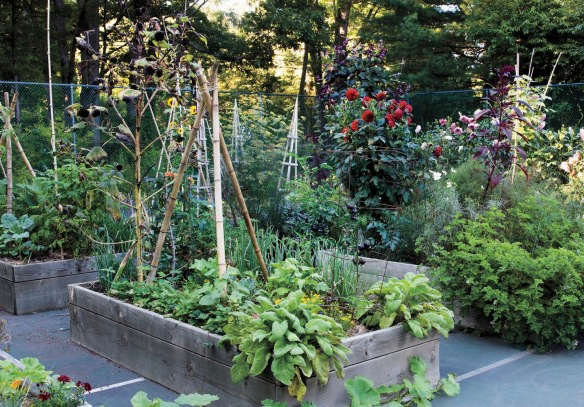
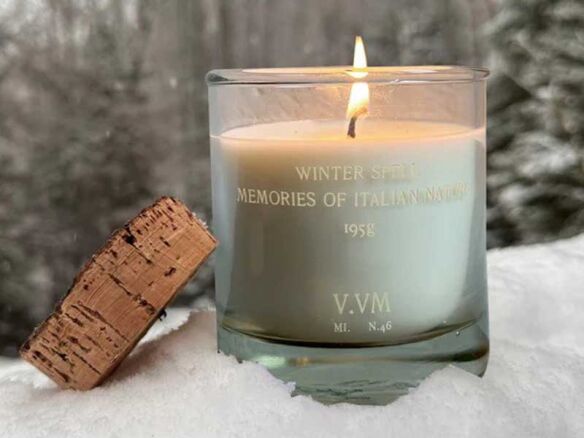
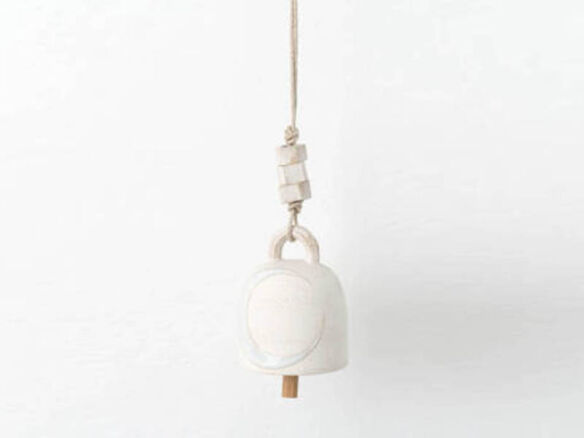
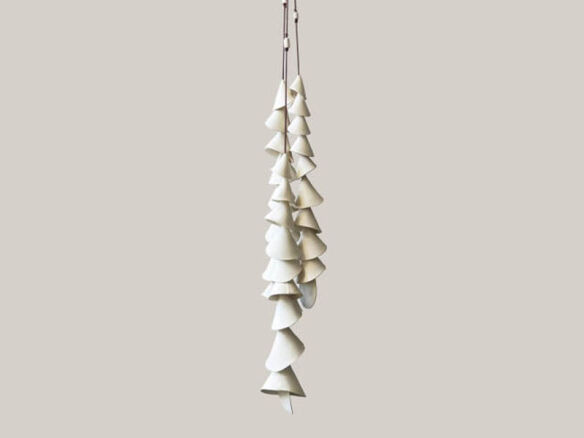
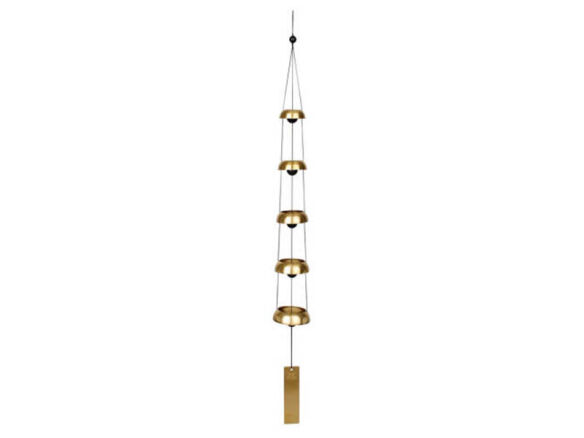
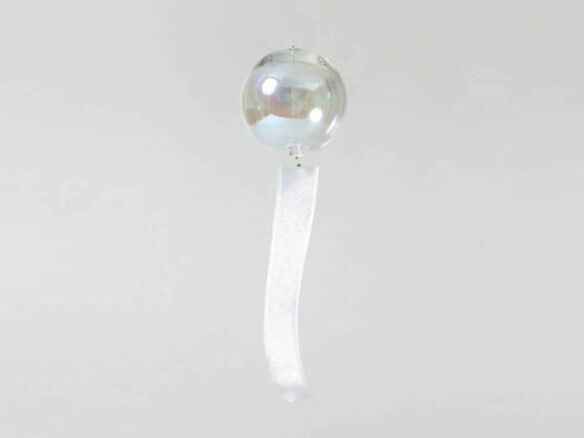
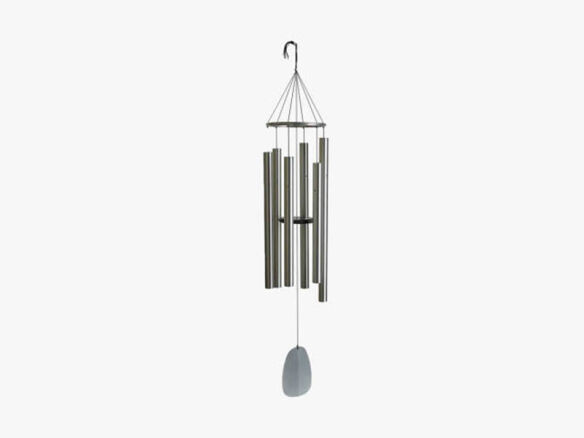
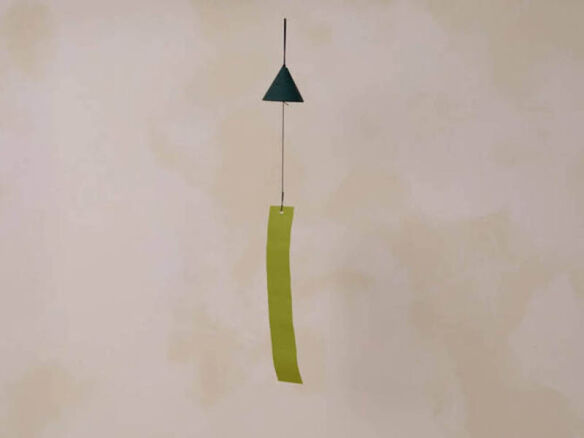
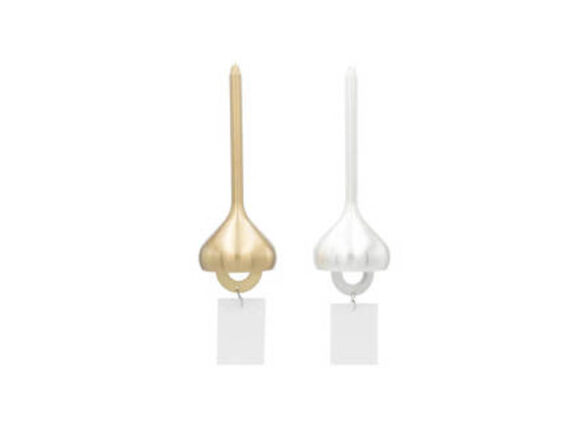







Have a Question or Comment About This Product?
Join the conversation (0)